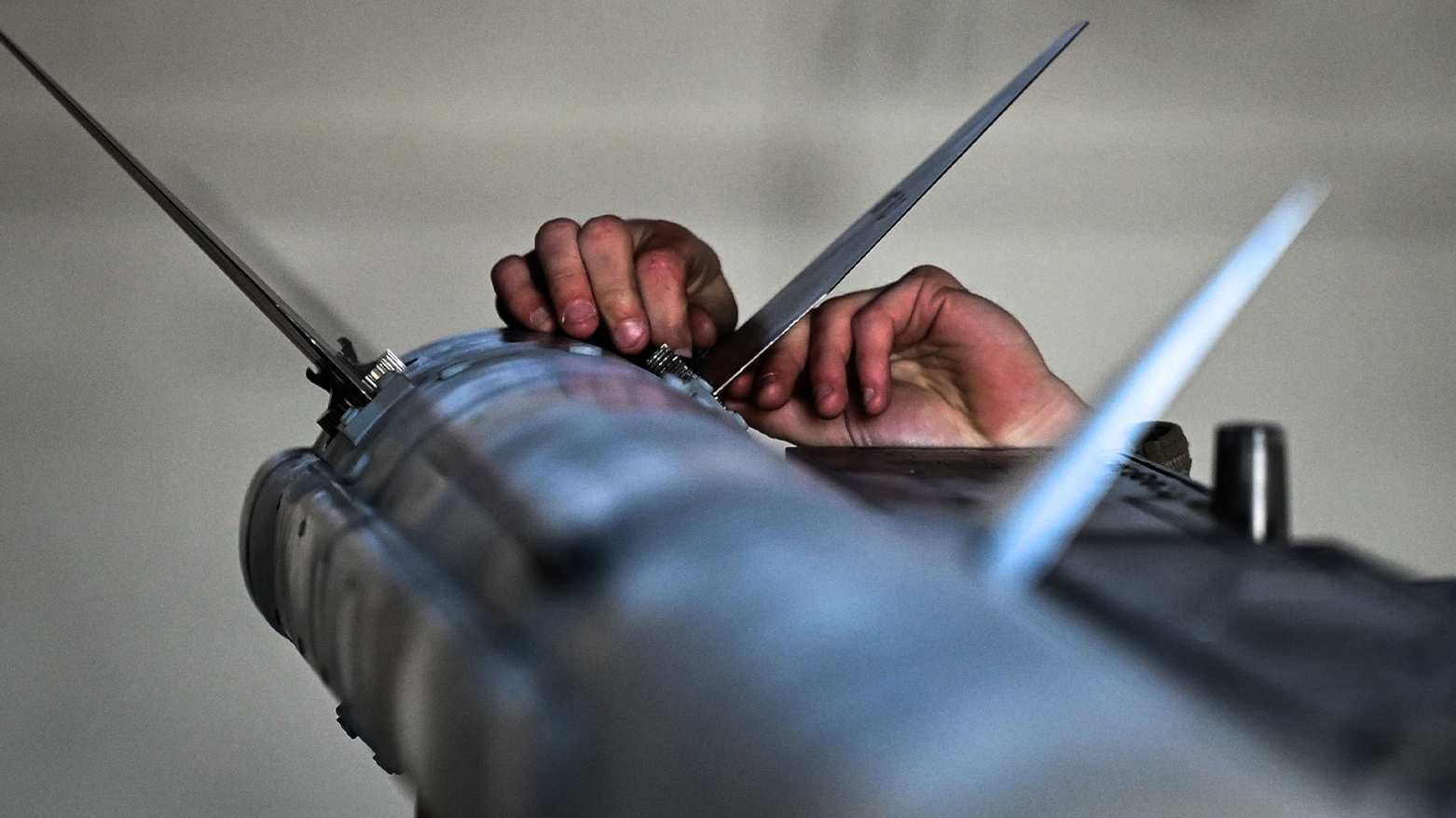U.S. Approves $3.5 Billion Missile Sale to Saudi Arabia Amid Rising Gulf Tensions
With tensions mounting over Iran’s nuclear program, continued conflict in Yemen, and rising Houthi drone attacks, the timing of the sale signals Washington’s strategic intent to bolster its Gulf allies’ deterrence capabilities.

By Kamaran Aziz
ERBIL (Kurdistan24) – In a major arms deal with strategic implications for the Gulf region, the United States has approved the potential sale of $3.5 billion worth of advanced air-to-air missiles to the Kingdom of Saudi Arabia, a move likely to reinforce Riyadh’s air defense capabilities as regional rivalries intensify.
The Defense Security Cooperation Agency (DSCA) announced on May 2, 2025, that the U.S. State Department had given its green light for the proposed sale, which includes up to 1,000 AIM-120C-8 Advanced Medium Range Air-to-Air Missiles (AMRAAM) and 50 AIM-120C-8 guidance sections. The deal also encompasses a comprehensive support package, including spare parts, classified and unclassified software and documentation, maintenance equipment, technical publications, and engineering and logistics services provided by both U.S. government and contractor personnel.
The principal contractor for the sale will be RTX Corporation, headquartered in Tucson, Arizona—one of the world’s foremost missile systems manufacturers and a key supplier to U.S. and allied defense forces.
While the DSCA emphasized that the proposed deal would not “alter the military balance in the region,” the approval comes at a sensitive time for regional security. With tensions mounting over Iran’s nuclear program, continued conflict in Yemen, and rising Houthi drone attacks, the timing of the sale signals Washington’s strategic intent to bolster its Gulf allies’ deterrence capabilities.
The sale is framed as advancing U.S. foreign policy and national security objectives. “This proposed sale will support the foreign policy goals and national security objectives of the United States by improving the security of a partner country that contributes to political stability and economic progress in the Gulf region,” the DSCA statement read.
The AMRAAM AIM-120C-8 is among the most advanced variants of the medium-range missile, featuring upgraded range, guidance, and electronic counter-countermeasures, making it highly effective against enemy aircraft in contested airspace. For Saudi Arabia—whose fleet includes F-15SA and Eurofighter Typhoon aircraft—these missiles represent a significant enhancement to its air force’s beyond-visual-range combat capability.
Notably, the U.S. government has not identified any offset agreements as part of this potential sale—arrangements in which the purchasing country receives some economic or technological return. Such agreements may be determined in separate negotiations between Saudi authorities and RTX Corporation.
The DSCA also clarified that no additional U.S. personnel would be deployed to Saudi Arabia for the implementation of the deal, and that the sale would have no negative impact on the U.S. military’s own defense readiness.
This latest arms deal underscores the enduring defense partnership between Washington and Riyadh, even as debates continue within the U.S. Congress and international human rights circles regarding Saudi Arabia’s record in regional conflicts. The formal certification to Congress sets in motion a period during which lawmakers can review—and, in theory, object to—the sale, though past approvals of similar nature have generally proceeded without major hindrance.
For Riyadh, the acquisition of these missiles signals both its continued investment in air superiority and a deepening of its security alignment with Washington at a time of shifting alliances and fragile détente efforts across the Middle East.
The finalized terms and ultimate cost of the deal will depend on future negotiations and finalized procurement agreements, but the strategic message is already clear: the U.S.-Saudi military alliance remains a central pillar of Gulf security policy.